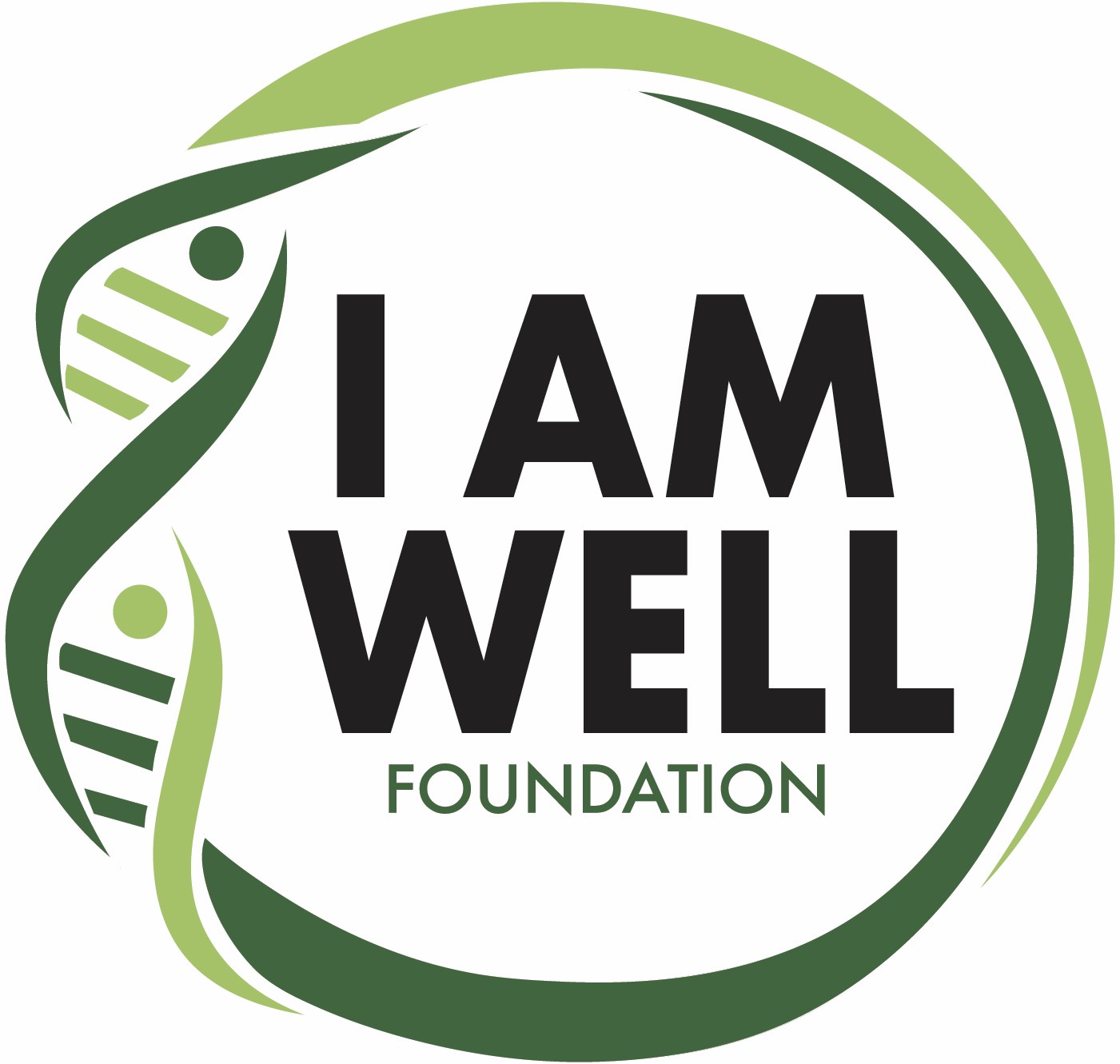CIRCULATORY SYSTEM
The circulatory system, which is also known as the cardiovascular or vascular system, enables cells to receive nourishment by permitting blood to circulate and transport energy, nutrients, carbon and hormones to and from cells throughout the body. Through this process, the circulatory system helps to fight off and prevent disease, stabilizes the body’s temperature, and helps to maintain general homeostasis within the body.
The system is made of arteries and veins. Arteries carry oxygenated blood, while veins carry deoxygenated blood and waste. Blood is made of plasma, red blood cells and white platelets. The system is enabled by the heart, which is made of the left atrium, left ventricle, right atrium and right ventricle. Deoxygenated blood is pumped by the right side of the heart into the lungs to pick up oxygen. Once oxygenated, the left side of the heart pumps blood to the brain and major organs.
Signs of Optimal Health & Wellness
The circulatory system is working well when:
- The body is well-nourished
- Blood is highly oxygenated
- Blood pressure is normal
- Normal coloration
- Normal body temperature
- Abundance of energy for desired tasks
- Feel rested
- Normal breathing
- Normal heart rate
Warning Signs
When the system is not working well, symptoms may include:
- Coronary artery disease
- High/low blood pressure
- Hardening of the arteries
- Blood clots, particularly in the legs and feet
- Heart failure
- Water in the lungs
- Water retention
- Swelling and pain in hands and feet
- Heart disease
- Feeling light headed
- Shortness of breath
- Feeling abnormal heart pounding
- Inability to clot blood
- Extreme nonmigraine headache
- Blood in urine or stool
SELF EVALUATION
Regular exercise, particularly cardio-vascular exercises such as running, aerobics and those exercises that increase heart rate, helps to keep the circulatory system flushed and operating well. Healthy eating and hydration are also important.
SELF-CARE
- Regular exercise
- Eat healthy
- Stay hydrated
GET SUPPORT
Problems with the circulatory system can be severe, and lead to heart attack, stroke and death. Get support in preventing these.
EMERGENCY
Immediate intervention should be sought whenever experiencing shortness of breath, change in feet or hands coloration, blue feet or fingertips, chest pains (particularly radiating chest pains throughout the neck, jaw and down the arms), pink tinges or blood in the phlegm, severe high blood pressure, blood clots and associated swelling, long-term weakness and/or fatigue, and rapid heart rate
- Dial 911; or
- Go the nearest hospital emergency room
